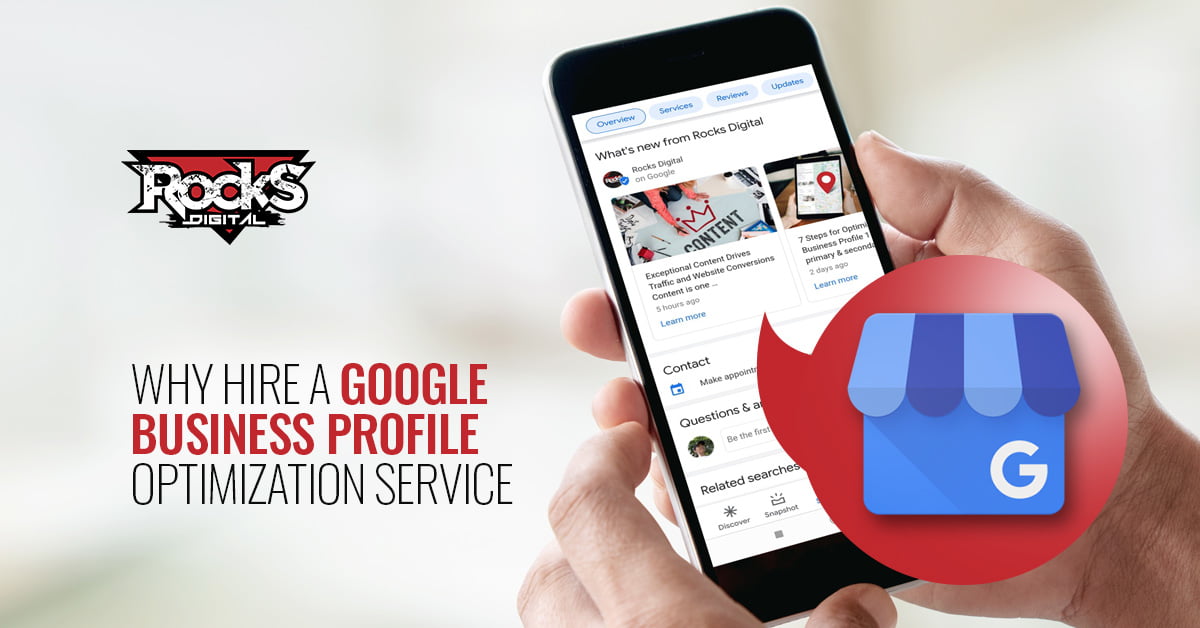
Brands and businesses should always be working on customer service and marketing strategies to gain new customers but you shouldn’t forget your existing customers in the process. Let’s say you have a customer service idea to drive traffic or new business that is beyond your regular offerings to your existing customers. If the idea creates overwhelming traffic or interest in your services or support from new customers, it is likely that existing customers will want a piece of the action, too.
New Customers Only? These Customer Service Principles Say Think Again
When you offer any deal that is really “too good to be true” to bring in new customers, don’t forget about existing customers. You should offer something equivalent, if not the same, to existing customers as well that will exhibit your appreciation to them for having had a longer relationship and loyalty to your brand.
A loyal customer who hears that a new offer is not available to them after they have been your client for years can send a dangerous message. Find a middle ground that allows you to offer a startup deal for new customers and a sweetheart deal for those who have been doing business with you all along. If you market the new service effectively, you might also get your existing customers to provide testimonials for new customers as their thanks to you for extending the offer.
Customer Service Principle 1: Offer Long-Term Value to Existing Customers
Re-positioning a mature or me-too product without reinforcing or expanding its added value or providing an upgrade path is a key mistake. Spending more money to re-brand a product that is fundamentally the same may generate some initial interest, but it will not create long-term customers.
Re-branding or re-positioning an aging or less competitive product can give you an opportunity to begin to build new value by including customers in the process. Make certain your customers know that you understand the upgrade or service/support path and reinforce whenever possible that it is consistent with their strategy. For a company to remain a long-term partner, they need your commitment to offer them long-term value.
Customer Service Principle 2: Build a Solid Value Proposition
Businesses can also fall into a habit of making price (usually a function of making larger profits or fully amortizing aging support infrastructures) the key concern in marketing a product or service. A better solution is to build a solid value proposition for the price you offer and to stick with it. If price is your only value proposition – and your only marketing tool – customers will rarely consider the true value of your offering. Instead, they will always focus on price, which then encourages them to shop elsewhere based on price alone. Learn more about the issues your customers have in your markets and address continuing and new product or service issues with thoughtfulness and value before you offer to sweeten a price.
Remember, price alone remains a poor marketing tool in the long-term trade-off against a better product or a more cost-effective service. In the end, it is the value we offer over time – not the prices we charge – that dictates our long-term customer relationships.
Customer Service Principle 3: Give Clients and Business Partners a Reason to Continue with You Long-Term
Businesses should always be striving to build effective personal and corporate relationships. To accomplish this, you must deliver the services and products you advertise and stand by your products. A key to building strong customer relationships is to do what you say you are going to do and to listen and respond if something goes wrong. An effective response to a complaint can turn an unhappy customer into a loyal one. It is important that you do not see your customers as disposable, but that you make an effort to retain them.
In the end, businesses need to always be cultivating new customers, but that should not be done to the detriment of existing customers. As you create strategies to attract new customers be mindful of adding offerings to your existing customers as well. Value and relationship building will keep both new and existing customers loyal to your brand for years to come.
How do you reward customers that have been loyal to your brand? Share with us in the comments below.
David Leonnig
David Leonnig performs creative, customer service, & content management roles for others & his own business. As a chief content architect, he designs solutions & services that tell interesting stories.


















